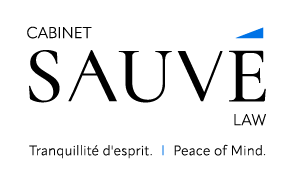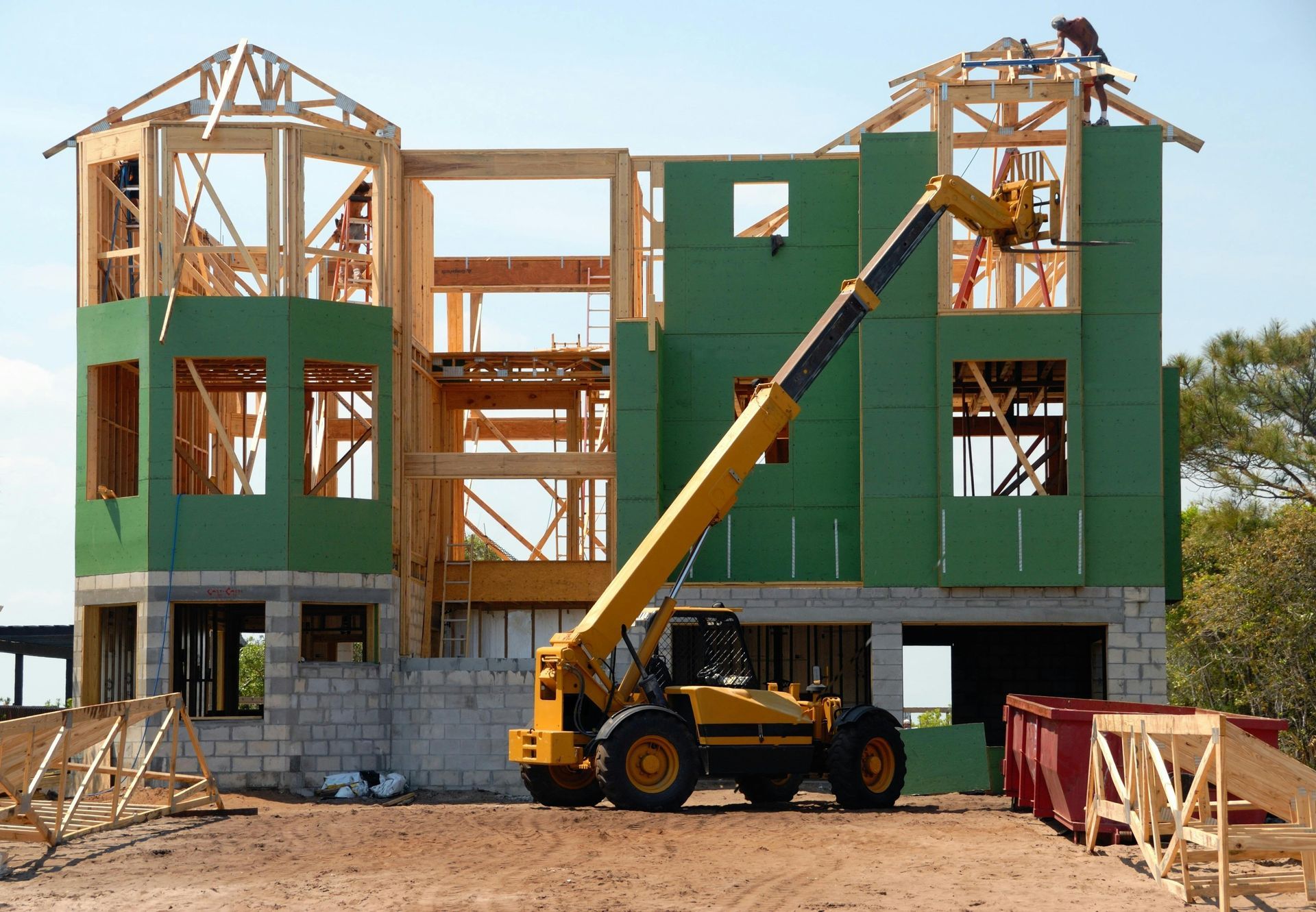Your Complete Guide: What Really Happens When You Die Without a Will in Ontario?
Who Decides Where Your assets Go if You Don't Have a Will? The Government's Surprising Answer
It’s one of the most common items on life’s perpetual “to-do” list: “Draft a will.” For many, it’s an uncomfortable task that’s easy to push off. We often assume that our loved ones will know our wishes, or that the law will automatically ensure our assets go to the “right” people, like our spouse and kids.
This assumption, while common, is dangerously incorrect.
If you pass away without a valid will in Ontario, you don’t get any say in who receives your property, who manages your estate, or even who might be appointed to care for your minor children. Instead, the Government of Ontario steps in and makes these decisions for you, using a rigid, one-size-fits-all legal formula. This is known as dying "intestate," and the consequences can range from inconvenient to truly devastating for the family you leave behind.
At Cabinet Sauvé Law, we want to pull back the curtain on this complex process. This detailed guide will walk you through exactly what happens, in plain language, when the government’s plan replaces your own.
The Government's Will For You: Understanding Intestacy
What Exactly is "Intestacy"? 📜
In simple terms, intestacy is the legal term for the situation that occurs when someone dies without a valid will. When this happens, you lose the ability to decide who inherits your assets. Instead, the government provides a default, one-size-fits-all plan based on the law. This rigid legal formula dictates who is entitled to your property based on a strict family hierarchy (e.g., spouse, children, parents), and the outcome often doesn't match what the person would have actually wanted for their loved ones.
When you pass away intestate, your estate is distributed according to a specific piece of legislation called Ontario's Succession Law Reform Act (SLRA). Think of the SLRA as a universal, 'default will' created by the government for anyone who doesn't have their own.
The problem? This 'default will' is completely impersonal. It doesn't know about your long-term common-law partner, your strained relationship with a particular child, your desire to leave a gift to a beloved niece, or your wish to support a charity. It only knows a strict, predetermined family hierarchy. The SLRA’s goal is to create a clear, predictable outcome, but it often fails to match the reality of modern families and personal wishes.
The Waterfall: How Your Estate is Actually Divided
The SLRA sets out a "waterfall" of inheritance. The estate flows to the highest qualifying level of relatives, and if none exist, it trickles down to the next level.
Scenario 1: You have a legally married spouse, but no children.
This is the simplest scenario. Your legally married spouse inherits 100% of your estate.
Scenario 2: You have a legally married spouse and children.
This is where things immediately become more complex and can lead to unintended consequences. The division is based on a concept called the "preferential share."
- The Preferential Share: As of March 1, 2021, the preferential share in Ontario is $350,000. Your surviving spouse is entitled to the first $350,000 of the net value of your estate.
- If your estate is worth less than $350,000, your spouse receives everything, and your children receive nothing.
- If your estate is worth more than $350,000, your spouse gets the first $350,000, and the remaining amount (the "residue") is then divided between the spouse and children.
- If you have one child, your spouse and the child split the residue 50/50.
- If you have two or more children, your spouse gets one-third (1/3) of the residue, and the children equally share the remaining two-thirds (2/3).
Let’s look at some real-world examples:
- Example A: David dies with an estate worth $650,000. He is survived by his wife, Sarah, and their one son, Mark.
- Sarah receives the preferential share: $350,000.
- The remaining residue is $300,000 ($650k - $350k).
- Sarah gets half of the residue ($150,000), and Mark gets the other half ($150,000).
- Final Tally: Sarah receives $500,000. Mark receives $150,000. For many, the fact that a significant portion must go directly to the child can be a surprise.
- Example B: Maria dies with an estate worth $950,000. She is survived by her husband, Frank, and their three children.
- Frank receives the preferential share: $350,000.
- The remaining residue is $600,000 ($950k - $350k).
- Frank gets one-third of the residue ($200,000).
- The three children share the remaining two-thirds ($400,000), receiving approximately $133,333 each.
- Final Tally: Frank receives $550,000. Each child receives ~$133,333.
Scenario 3: You have children, but no legally married spouse.
Your children inherit the entire estate, divided equally among them. This applies regardless of whether you were single, widowed, divorced, or in a common-law relationship.
Scenario 4: You have no spouse or children.
The waterfall continues. Your entire estate will go to your parents. If they are no longer living, it will be divided among your siblings. If you have no living siblings, it will be divided among your nieces and nephews, and so on to the next available next-of-kin. If no living relatives can be found, your estate goes to the government.
The Two Biggest Dangers: Common-Law Partners and Blended Families
The rigid rules of the SLRA can, and often do, create particularly painful outcomes for two very common family structures.
1. The Common-Law Catastrophe
This is the single most important warning for unmarried couples in Ontario: A common-law partner has no automatic right to inheritance under the intestacy rules. It does not matter if you were together for 40 years, owned a home together (if not held in joint tenancy), or raised a family. The SLRA does not recognize a common-law partner as a "spouse" for inheritance purposes. Your entire estate could bypass your partner and go to your children or even a distant cousin, leaving your surviving partner with a potential financial crisis.
2. The Blended Family Blind Spot
The SLRA has no concept of a "step-child." If you have step-children whom you love and have raised as your own, they will receive absolutely nothing from your estate if you die intestate. The inheritance will flow only to your biological and legally adopted children. This can create unintended conflict and heartbreak in blended families.
Beyond the Money: The Practical and Procedural Nightmares
The problems with intestacy go far beyond who gets the money. The lack of a will creates a significant administrative burden.
Who is in Charge? The Problem of the Estate Trustee
A will names an "Executor" (called an "Estate Trustee" in Ontario) to be the legal representative in charge of managing your estate. Without a will, there is no one appointed.
A family member—usually the surviving spouse or an adult child—must apply to the court to be appointed as the Estate Trustee. This process is far more complicated than the probate process for an estate with a will. It involves:
- Getting Consents: The applicant may need to get formal, written consent from other beneficiaries.
- Purchasing a Bond: The court almost always requires the applicant to purchase an "administration bond." This is a form of insurance from a specialized company that protects the beneficiaries in case the Trustee mismanages the funds. These bonds can be very expensive and difficult to obtain, often requiring the applicant to have a perfect credit score and significant personal assets.
Who Cares for Your Children? The Guardianship Void
For parents with minor children, a will is the only legal document that is recognized in Ontario where you can appoint a guardian—the person you trust to raise your children if something happens to you. Without a will, your wishes are not legally recorded. Family members may disagree on who should care for the children, forcing a judge to make the decision based on what they believe is in the children's "best interests." This may not align with who you would have chosen.
Take Back Control with a Will
Passing away without a will leaves your legacy to chance and burdens your family and/or friends and relatives with stress, uncertainty, and expense during their time of grief.
A properly drafted will is the only way to ensure:
- You decide who inherits your assets.
- You protect your common-law partner and provide for step-children.
- You choose a trustworthy executor to manage your affairs efficiently.
- You appoint the guardian you want for your children.
Disclaimer: This blog post provides general information and does not constitute legal advice. You should consult with a lawyer for advice regarding your individual situation.
Don't let the government's impersonal formula have the last word. Contact the team at Cabinet Sauvé Law today. With our experienced and compassionate team of Estate Planning professionals, we can help you create a clear, thoughtful, and legally sound will that protects your loved ones and provides you with true Peace of Mind.










